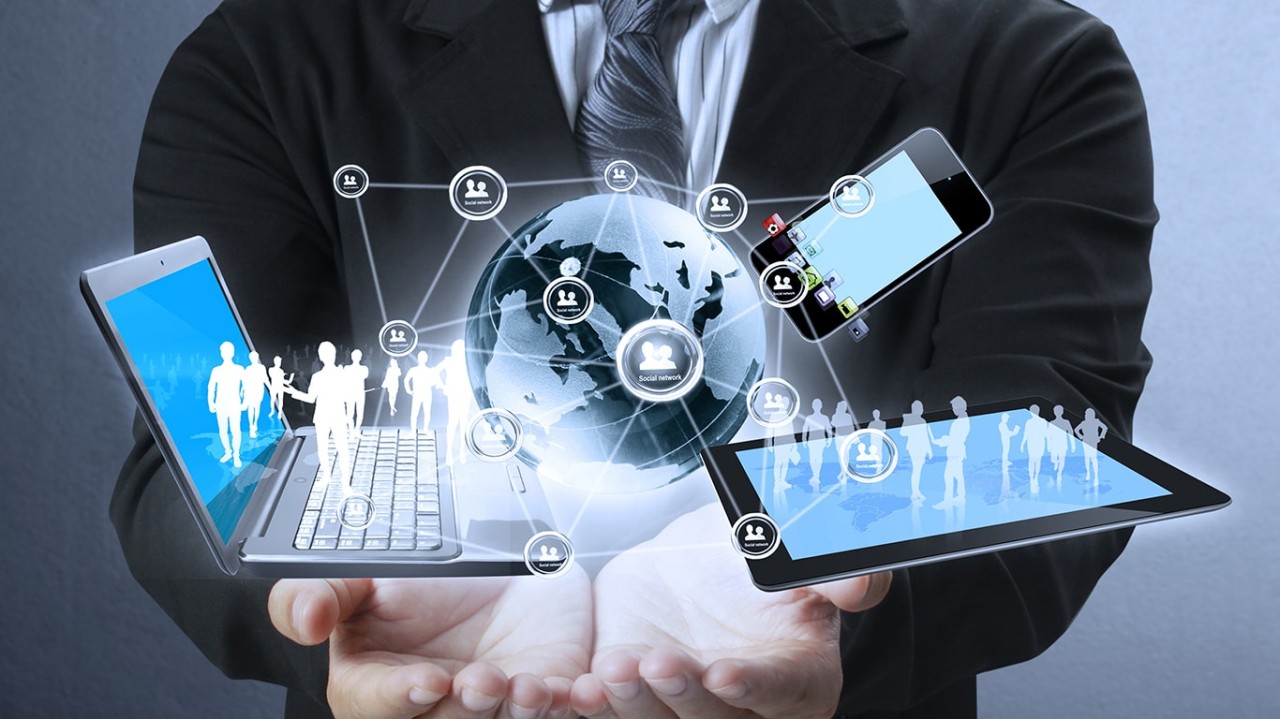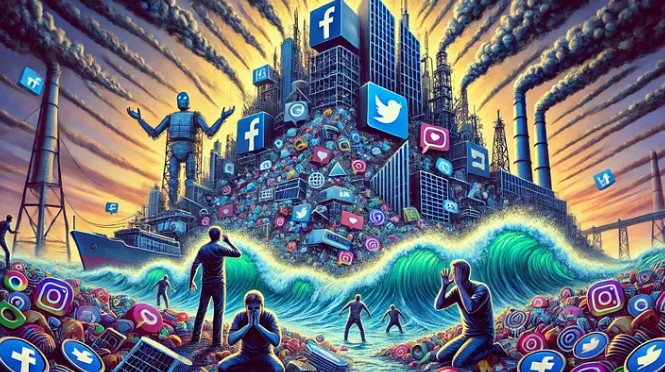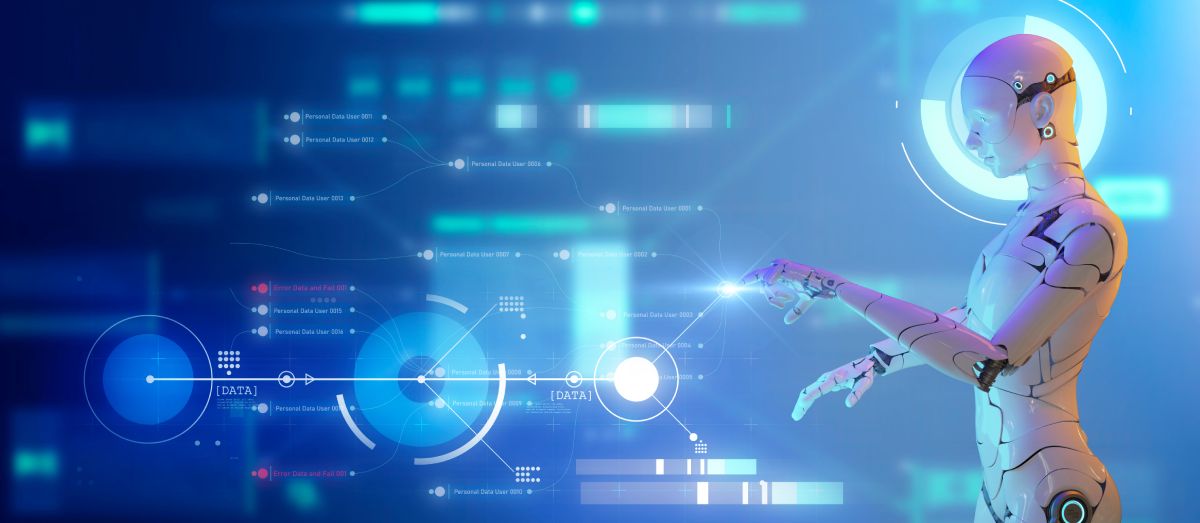Introduction
In our rapidly advancing world, technology plays a pivotal role in shaping how we live, work, and interact. It encompasses a wide array of tools, systems, and innovations that enhance efficiency, connectivity, and knowledge sharing. Let’s delve deeper into the essence of Technology and Definition of its multifaceted impacts on our daily lives.
What is Technology?
Technology refers to the application of logical information for commonsense purposes. It encompasses both tangible inventions like smartphones and intangible systems such as algorithms powering search engines. From ancient tools like the wheel to modern marvels like artificial intelligence, technology continues to evolve and redefine human capabilities.
Evolution of Technology
The journey of technology dates back to the disclosure of fire and the development of the wheel. Over millennia, human ingenuity has led to groundbreaking innovations like the printing press, steam engine, and electricity. The 20th century witnessed rapid industrialization, computing, and telecommunications, laying the groundwork for today’s digital age.
Importance in Modern Society
In contemporary society, technology is indispensable. It facilitates global communication, drives economic growth, and revolutionizes industries. From healthcare and education to entertainment and transportation, technology permeates every aspect of our lives, fostering convenience and connectivity on a global scale.
Types of Technology
Information Technology
Information technology (IT) encompasses hardware, software, and networks used to store, process, and transmit data. It includes computers, servers, cloud services, and cybersecurity systems critical for modern businesses and organizations.
Biotechnology
Biotechnology harnesses biological processes to develop products and technologies for healthcare, agriculture, and environmental sustainability. Examples include genetic engineering, pharmaceuticals, and biofuels.
Nanotechnology
Nanotechnology involves manipulating matter at the molecular or atomic scale to create innovative materials and devices with unique properties. It has applications in electronics, medicine, and renewable energy.
Green Technology
Green technology focuses on sustainability, aiming to reduce environmental impact and conserve resources. This includes renewable energy technologies like solar and wind power, as well as eco-friendly practices in manufacturing and transportation.
Impact of Technology
Technology has transformative effects on society, both positive and negative.
Positive Effects
Improved Efficiency: Automation streamlines processes and reduces human effort.
Global Connectivity: Instant communication fosters collaboration and cultural exchange.
Enhanced Healthcare: Medical technologies prolong life and improve quality of care.
Negative Effects
Job Displacement: Automation can lead to unemployment and economic disruption.
Privacy Concerns: Data breaches and surveillance raise ethical and legal issues.
Social Isolation: Excessive screen time may diminish face-to-face interactions.
Ethical Considerations
The ethical implications of technology span privacy, security, and equitable access. Balancing innovation with ethical principles is crucial for sustainable progress.
Emerging Technologies
The rapid evolution of technology introduces exciting new frontiers.
Artificial Intelligence (AI)
AI enables machines to mimic human cognitive functions, revolutionizing industries like finance, healthcare, and transportation.
Internet of Things (IoT)
IoT connects everyday objects to the internet, enabling smart homes, cities, and industrial automation.
Blockchain
Blockchain technology offers secure and transparent digital transactions, impacting finance, supply chain management, and decentralized applications.
Virtual Reality (VR) and Augmented Reality (AR)
VR and AR create immersive experiences in gaming, education, and design, redefining entertainment and training.
Technology and Daily Life
Technology is woven into our daily routines, transforming how we learn, communicate, and relax.
Communication
Instant messaging and social media platforms bridge geographical divides, fostering real-time interactions.
Education
E-learning platforms and digital resources expand access to education globally, empowering lifelong learning.
Healthcare
Telemedicine and wearable devices monitor health remotely, improving diagnostics and patient care.
Entertainment
Streaming services and virtual experiences redefine entertainment, offering personalized content on demand.
Future Trends in Technology
Anticipating future developments is key to navigating the evolving tech landscape.
Automation
Robotic automation will impact industries from manufacturing to transportation, reshaping job markets.
Sustainability
Green technologies will drive environmental stewardship, promoting eco-friendly practices.
Personalized Technology
Customized experiences based on data analytics will cater to individual preferences and needs.
Conclusion
Technology is a dynamic force shaping our world. Its profound impacts underscore the importance of ethical governance, innovation, and education in harnessing its full potential for the benefit of humanity.
FAQs
How does technology impact employment?
Technology creates new jobs but can also lead to job displacement as automation replaces certain roles.
What are the ethical concerns related to emerging technologies like AI?
Ethical concerns include bias in algorithms, data privacy, and the societal impact of AI-driven decisions.
How is technology transforming healthcare?
Technology enables remote consultations, digital health records, and precision medicine, enhancing patient outcomes.
What are the challenges of implementing green technology?
Challenges include high initial costs, infrastructure limitations, and regulatory barriers.
How can individuals stay informed about technological advancements?
Individuals can stay informed through online resources, industry publications, and professional networks.










